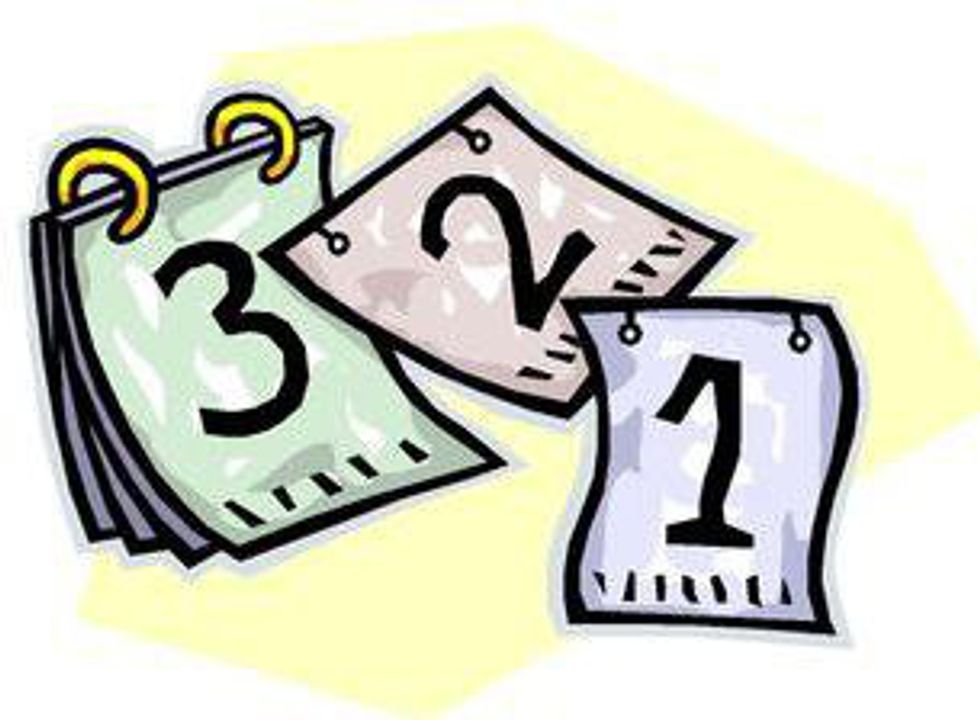When I graduated from college, my mother gave me two things. One of them, a women's devotional Bible, and the other was Suze Orman's book, "Women and Money: Owning the Power to Control Your Destiny." Despite these gifts having little importance to me at the time, both books are now sentimental items that I will never discard. The Bible will aid me in keeping faith as I pursue new endeavors. The self-help, informative book reinforces my need to always have control of my finances.
Women are super heroes. We can be delicate, but we are durable. We shed tears, but remain intact. We can nurture, but will fight to protect those we love. We're just amazing at so many things. So why do we lack confidence in managing our own money? Why do we expect someone else to handle our finances when we handle every other aspect of our lives?
Hannah Seligson's article, "What's Keeping You From Making More Money" in July's issue of Cosmopolitan magazine, offers a few reasons for why young women are lagging behind in wealth attainment.
First, women typically have more breaks or interruptions over the course of their careers, but do not plan ahead for these events. Having children, caring for aging parents, unexpected unemployment, etc. can give a serious blow to a woman's income. Even when returning to work, women may make 60 to 70 less than their original salary.
In addition to the tropes and valleys of our income during our working lives, women do not invest their money as aggressively as men. Sallie Krawcheck, founder of Ellevest, assures us that this is not because we are clueless or afraid. Instead, investment firms do a poor job of marketing themselves to women. Eighty-five percent of investment advisers are men; the face of firms are gravid with images of men in suits, speaking financial jargon that most women do not understand. Even if women do understand investment talk, the promotions are not inclusive to the financial goals they are interested in achieving.
Finally, women keep 70 percent of their money in cash, or uninvested. However, men keep less than 60 percent of their portfolio in cash. This is troubling for women because we live longer than men, make less, and as I stated before, we do not invest as aggressively. By aggressively, I mean funds are not invested in options that yield a high rate of return. There is typically higher risk with these kinds of investments.
Women's finances are also fraught with emotion. Meriflor Toneatto, business coach and entrepreneur, suggests there are five emotions that negatively impact our money decisions. Fear, blame, guilt, anger, and shame play can play a significant part in how we view money and relate it to how we feel about ourselves.
This issue isn't about competing with men or obtaining superficial wealth. It's about making financial decisions with an adequate level of awareness and knowledge. When women take control of their money, the financial industry will begin paying more attention to women, and we can achieve true income equality.























